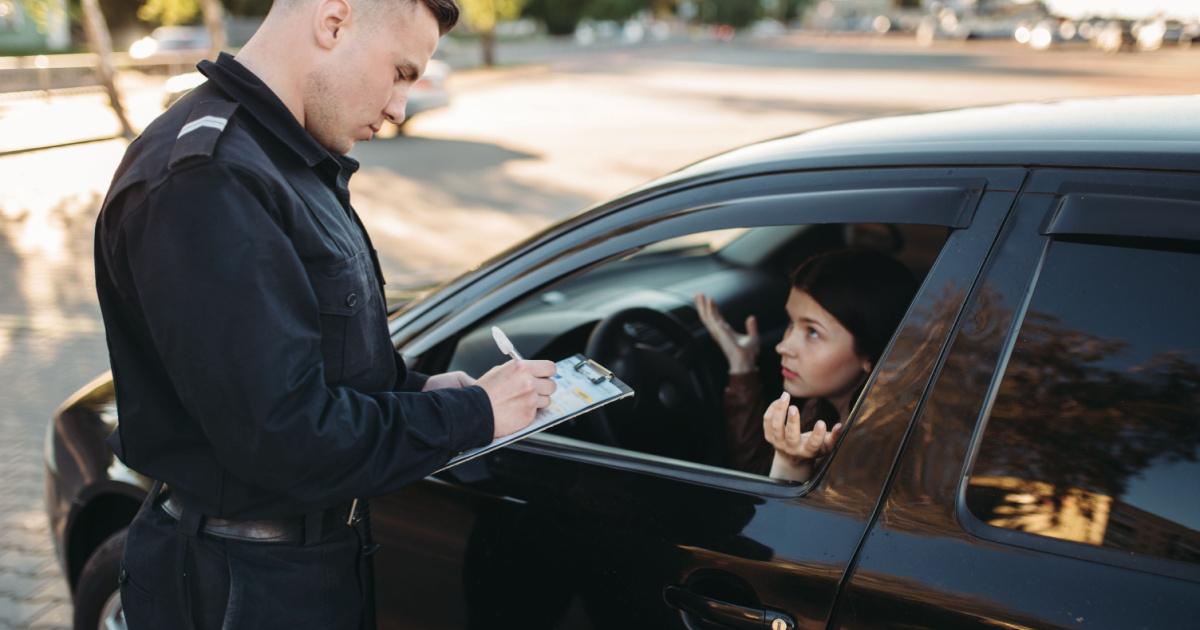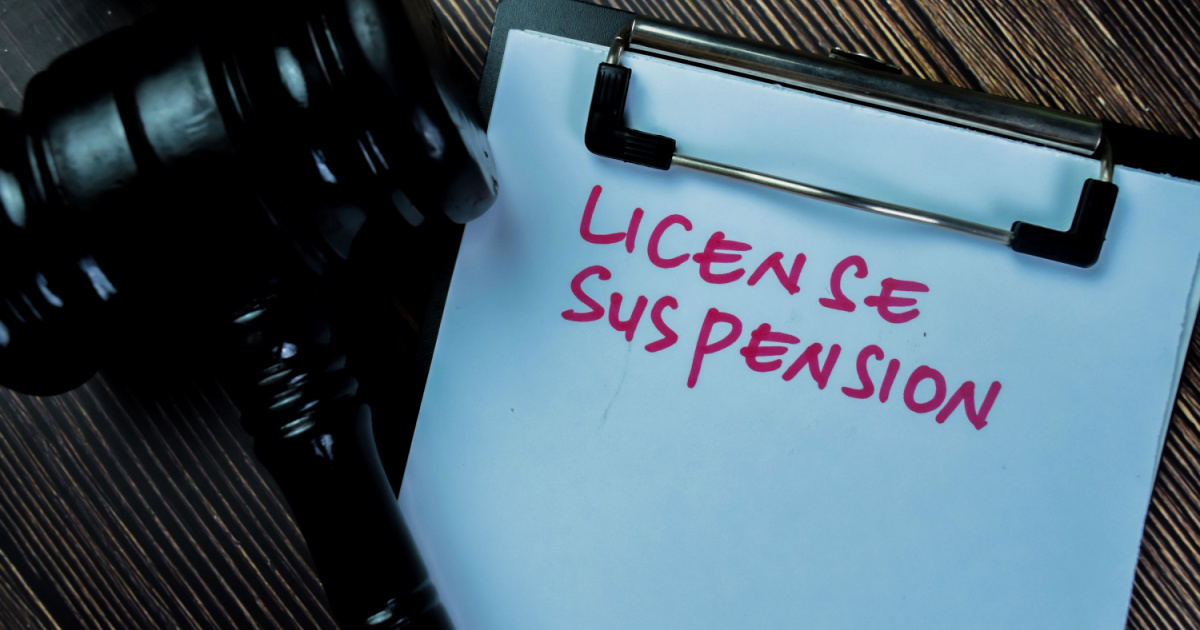
Hardship License: What Is It and How To Get It
A hardship license or “Limited Driving Privilege” (LDP) in Missouri is a special license issued to individuals whose driving rights have been suspended. It is not a full license, but rather a provision that allows the holder to commute for specific purposes like work, school, or medical appointments. This license is typically granted under circumstances where a regular driving license has been revoked due to driving offenses, such as DUI or excessive traffic violations.
Eligibility for a Hardship License
Not everyone qualifies for a Limited Driving Privilege in Missouri. First, the applicant must have a suspended, not revoked, license.
In addition, the applicant must also comply with any other requirements set by the court or Department of Revenue. These may include completing a substance abuse program (SATOP), paying fees or fines, or installing an ignition interlock device in their vehicle.
Application Process
Applying for a hardship license is straightforward. Initially, one must complete Form 4595, “Request for Immediate 90-Day Restricted Driving Privilege”. Subsequently, submit it along with proof of an SR-22 insurance policy.
Applying During a 5 or 10 Year Denial
In the circumstance of a 5 or 10-year denial, the process changes. A petition must be filed in your county’s circuit court to request a hardship license. This procedure involves presenting substantial proof of necessity and adherence to all legal mandates. The court will assess your eligibility based on various factors, including your risk to public safety.
Remember, obtaining a Limited Driving Privilege during a 5 or 10-year denial is not guaranteed but granted based on the court’s discretion.
Additionally, the applicant must pay a court fee and complete a Substance Abuse Traffic Offender Program (SATOP) if applicable.
Furthermore, to comply with state regulations, installing an ignition interlock device in your vehicle is mandatory. This measure is designed to ensure public safety and responsible driving.
Seeking guidance from a lawyer is strongly advised to navigate through this process effectively.

Limitations of a Hardship License
It’s important to note that a hardship license has certain restrictions. Specifically, you’re only authorized to drive to locations explicitly listed on the license. Typically, this includes essential destinations like your workplace or school. Also, for medical reasons, you are permitted to drive to hospitals or clinics.
If you are enrolled in a Substance Abuse Traffic Offender Program (SATOP), commuting to these classes is allowed. You can also consider adding tasks such as picking up children from school or daycare, managing visitation rights, grocery shopping, running errands at the bank, or making a trip to the gas station to your list of responsibilities.
Remember, any driving outside of these specified locations is considered a violation and could result in further penalties. In essence, a hardship license grants limited driving privileges for essential journeys, not unlimited mobility.
Benefits of Obtaining a Hardship License
The primary benefit of obtaining a Limited Driving Privilege is the ability to commute for specific purposes, such as work or medical appointments. It also helps individuals maintain some sense of independence and self-sufficiency during a difficult period. Moreover, having a hardship license can be seen positively by the court when it comes to reinstating full driving privileges.
Duration of the Hardship License
In Missouri, the hardship license is not permanent. It is usually valid for 90 days. However, the duration can vary based on the gravity of the driving offense committed. In some cases, the court may extend the duration of the hardship license for up to two years. After this period, if all requirements have been met, the individual can apply for full reinstatement of their driving privileges.

Limitations of a Hardship License
A hardship license is granted to individuals for specific purposes, which are outlined in the initial application. Any violation of these terms can result in revocation of the license and further consequences. Additionally, the holder must carry their LDP at all times while driving and present it when stopped by law enforcement.
Conclusion
In conclusion, a hardship license is an essential provision for individuals who have had their driving rights suspended in Missouri. It provides a way for them to commute for specific purposes without completely losing their ability to drive. However, it is crucial to adhere strictly to the limitations and requirements of the hardship license, as any violation can lead to further consequences. If you believe you qualify for a Limited Driving Privilege, contact your local Department of Motor Vehicles (DMV).
The Necessity of SR22 Insurance for a Hardship License
One pivotal requirement for obtaining a Limited Driving Privilege in Missouri is securing SR22 insurance. Essentially, SR22 is not traditional insurance but rather a certificate of financial responsibility. It serves as proof that the individual holds the minimum car insurance coverage required by the state.
In Missouri, Kansas, and Illinois, Bargain Insurance Connection is an esteemed provider of SR22 insurance. We accommodate residents with affordable, reliable options tailored to their needs. Importantly, securing SR22 insurance is a crucial step towards regaining your driving privileges.
Interested in exploring your options? Don’t hesitate to request a free quote from Bargain Insurance Connection below. Remember, making informed decisions is the first step towards a more secure future.
Read More:
Understanding Liability Auto Insurance
Categories: Blog

